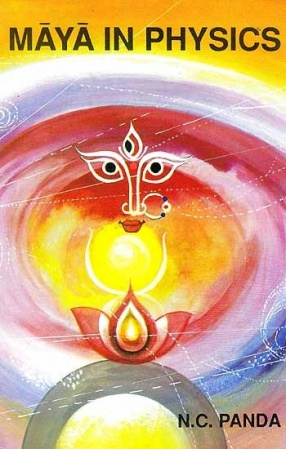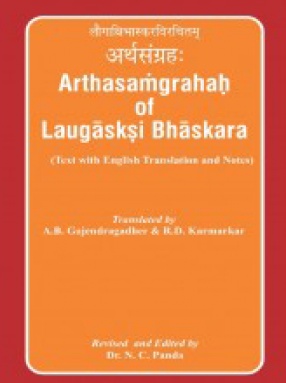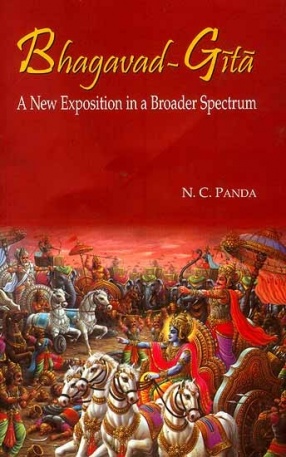Maya in Physics is a synthesis of modern physics and the Advaita Vedanta, with an integral thesis emerging out of the confluence. In the exposition of the Advaita Vedanta, its philosophy has been reinterpreted in the light of modern science. In this process, the Vedanta has been demystified and physics dematerialized. Instead of being confined to inter-school parallelism only, this book tries to present a total vision of the entire cosmos and its dependence on Brahman, the transcendental being which is the non-dual Reality. Maya, the Power of Brahman, or the Primordial Unmanifest Nature, has been assigned a metaphysical status, without violating the traditionality of the Vedanta.
Part I of the book deals with classical Newtonian physics, thermodynamics, relativity, quantum physics, particle physics, astrophysics, and cosmology. Part II is a presentation of the Advaita Vedanta, in a modern format. Part III is a confluence of the Advaita Vedanta and modern science (especially physics). An integral thesis emerges out of the confluence. There has been an amalgam of spirituality and science. The whole approach is holistic, synthetic, and integral.








There are no reviews yet.